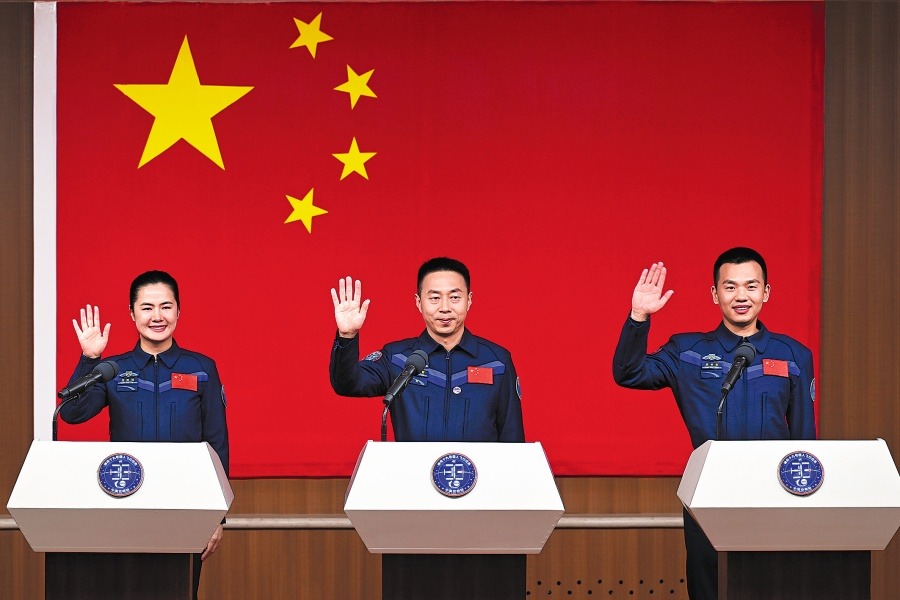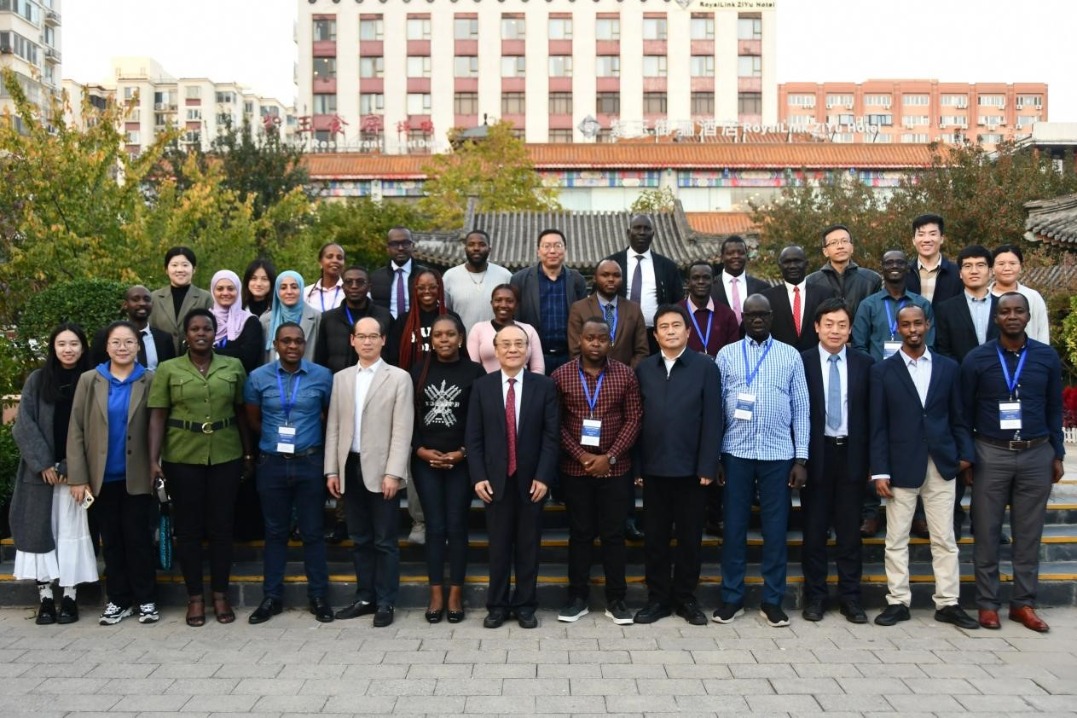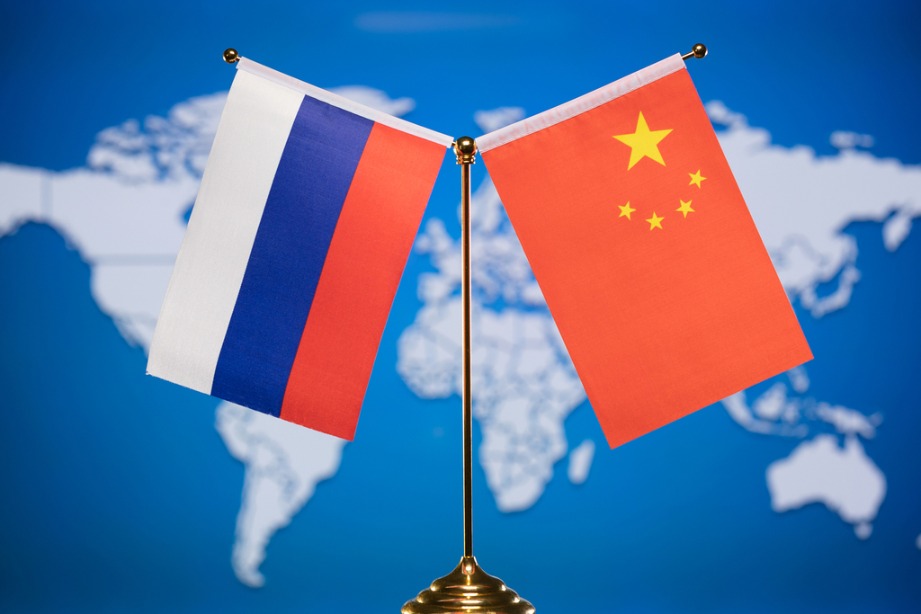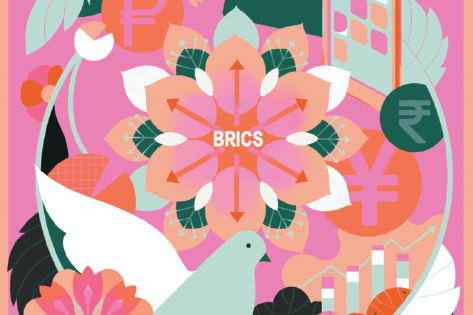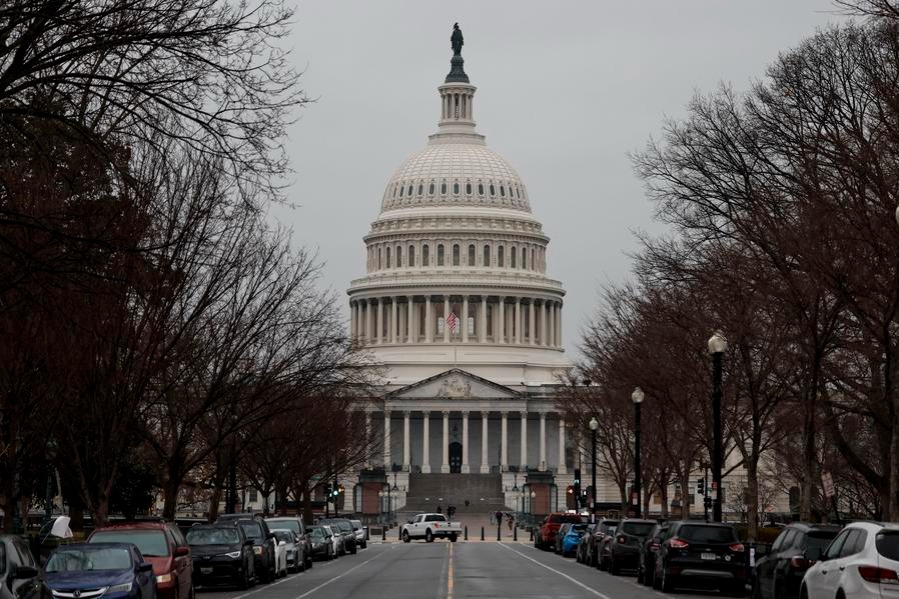Buzzwords fine, but be yourself, everybody else is already taken


Which words best describe or represent the eventful and volatile year that has been 2021? The answer may differ from person to person depending on their experiences, observations and outlook on life. Yet we may more or less agree with list of "Top 10 Chinese Social Media Buzzwords of 2021", which the National Center for Monitoring and Research on Language Resources released on Monday.
Compiled using intelligent language information processing techniques, along with manual extraction and selection, the 10 words best reflect the changing (and unchanging) elements in Chinese values in the time of rapid economic growth and profound social transformation.
Among the 10 words, some had triggered debates on social media, attracting great public and official attention, even before the list was released.
For example, "lie flat", a term used to describe youngsters who give up all ambitions of achieving worldly success in life, and instead do the bare minimum to get by. Such people either want to evade competition and lead a non-ambitious life, or choose to live off their parents.
Many say such people don't want to work hard and struggle for a better life. Others say those who "lie flat" choose to reject unduly fierce competition at school and work, emphasizing that young people are looking for new ways of developing their career and leading a meaningful life.
The term "double reduction" refers to a recent policy the government implemented to address the complexities in education, for example, by reducing the burden of homework and after-school tutoring classes on students in primary and junior high schools. The two words were also mentioned by Chinese Ambassador to the United States Qin Gang at an online forum in October when he shared with Americans seven buzzwords in China.
Among the other five words, "involution", which was a buzzword last year, refers to irrational or involuntary competition, which gives people a burned-out feeling and makes individual efforts less worthwhile. In these times of fierce competitions, people tend to think success is more important than personal development, Qin said. Fortunately, the government has implemented the "double reduction" policy to address involution in education.
Moreover, to reduce the fierce competition in the workplace, some of China's most prominent figures in high-tech started to push back against the industry's notorious work culture known as "996" — meaning employees are expected to work from 9 am to 9 pm, six days a week.
For instance, Byte-Dance Technology implemented a new set of rules on Nov 1 to discourage staff from working overtime. The company told its employees that they should not work beyond 7 pm. Byte-Dance and other tech giants had earlier withdrawn the rule which made working on every other Sunday mandatory.
Apart from words closely related to young people, the name of a hit TV series, The Age of Awakening, is also on the list of social media buzzwords because of its special meaning. As 2021 marks the centenary of the founding of the Communist Party of China, the TV series, based on the events from 1915 to 1921 — a critical period leading up to the founding of the Party — has been a hot topic of discussion on social media since being telecast in February.
New slangs emerge every year; some soon go out of "fashion" while others remain popular for a long time and are even included in dictionaries. Language changes over time, a process that has been accelerated by the rapid global economic development. The buzzwords, especially those that enter a language through the internet add to the evolution of languages. Such words and phrases are normally short, easy to remember and use, and inject new vitality into the Chinese language, which is thousands of years old.
Buzzwords also reflect social changes. The lifespan of a buzzword is determined by the extent of its influence on society. Initially, social media buzzwords were popular only among online buffs. Today, almost anyone can create and share buzzwords.
But some online buzzwords, despite being recognized by some online buffs, are awkward and annoying, and can have a negative impact on netizens, especially young people. Since the words a person uses reflect his values and belief, people should be careful about including certain buzzwords in their vocabulary.
Buzzwords do reflect certain social, especially online, trends and changes, but it's not necessary that we overuse them.
The author is a writer with China Daily.



















